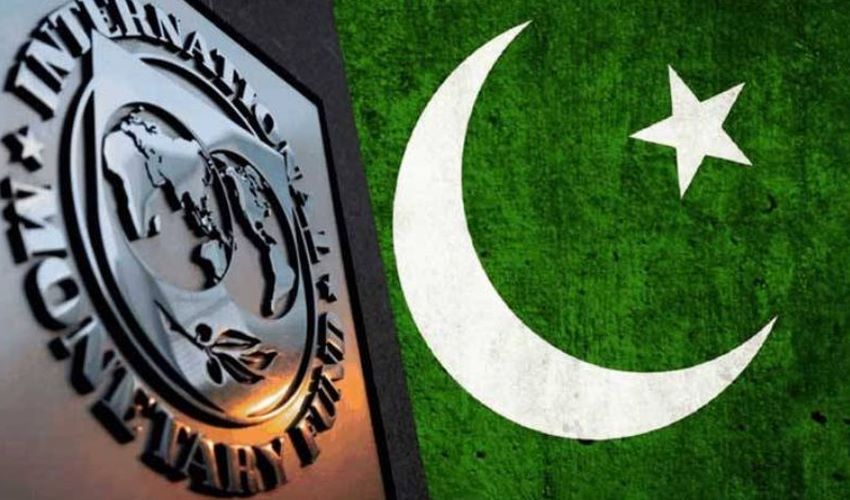ISLAMABAD: Details have emerged regarding the tougher conditions Pakistan has agreed to as part of its fresh loan programme with the International Monetary Fund (IMF).
The agreement comes as the country grapples with economic instability, prompting the need for comprehensive reforms in taxation, energy subsidies, and provincial spending oversight.
According to media reports, Pakistan will need to revise its National Finance Commission (NFC) award formula and expand the tax net to include sectors such as agriculture, property, and retail. The IMF will closely monitor provincial government expenditures, and discussions regarding the National Finance Pact between the Federation and provinces are ongoing.
Moreover, the government is restricted from subsidizing the energy sector beyond 1% of GDP and is prohibited from issuing supplementary grants during the IMF program. Efforts to lower electricity costs are also in progress, including revisions to power purchase agreements. Additionally, Punjab will cease to provide electricity price relief, and support prices for food grains will not be set.
As part of broader efforts to stabilize the economy, the federal government will also undergo structural reductions, all under the careful oversight of the IMF. These measures aim to enhance Pakistan’s fiscal health and decrease dependency on subsidies.
Pakistan on Wednesday secured a new $7 billion loan programme under the Extended Fund Facility, aimed at addressing the country’s financial challenges. This approval comes over two months after an initial agreement and is designed to provide crucial support to Pakistan’s struggling economy over 37 months. Hours after the approval, the global lender released the first tranche of $1 billion to Pakistan .


